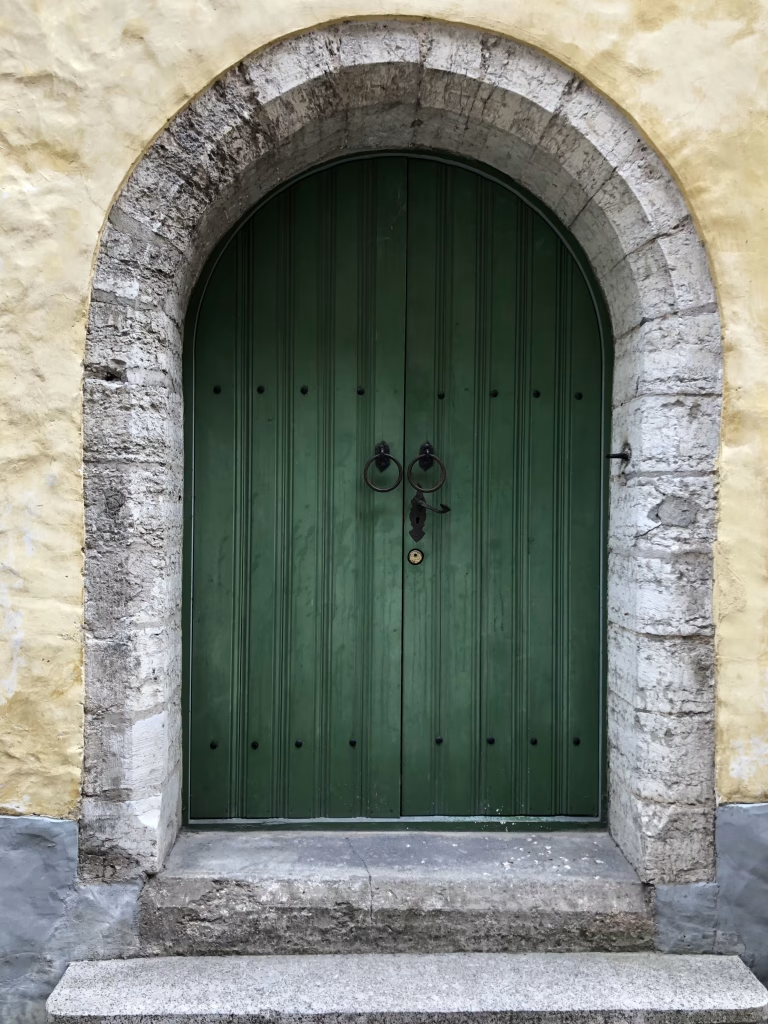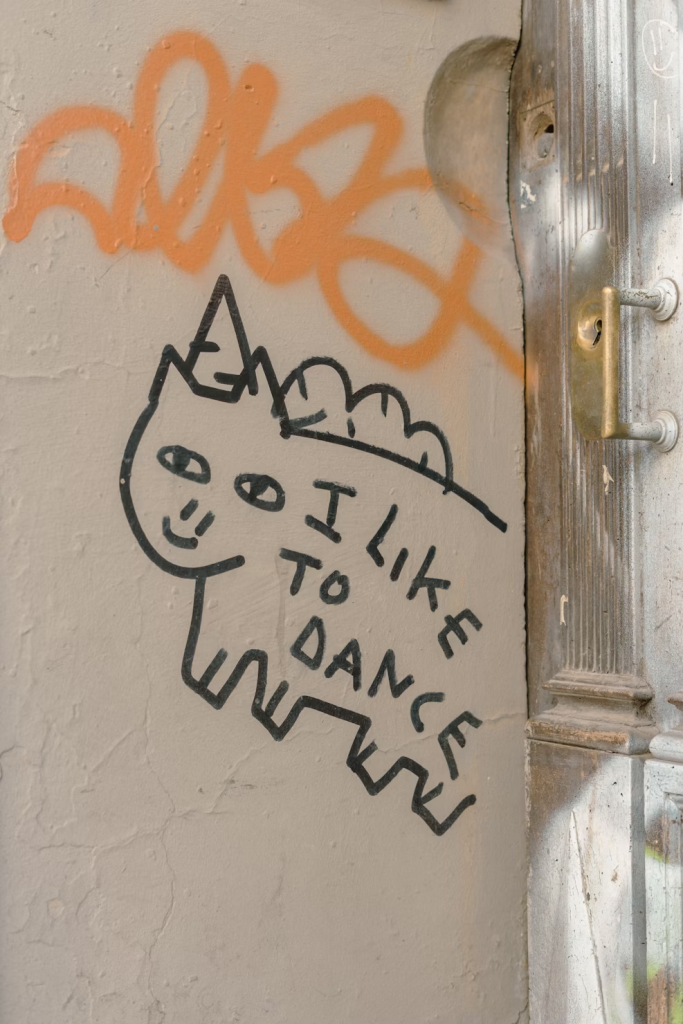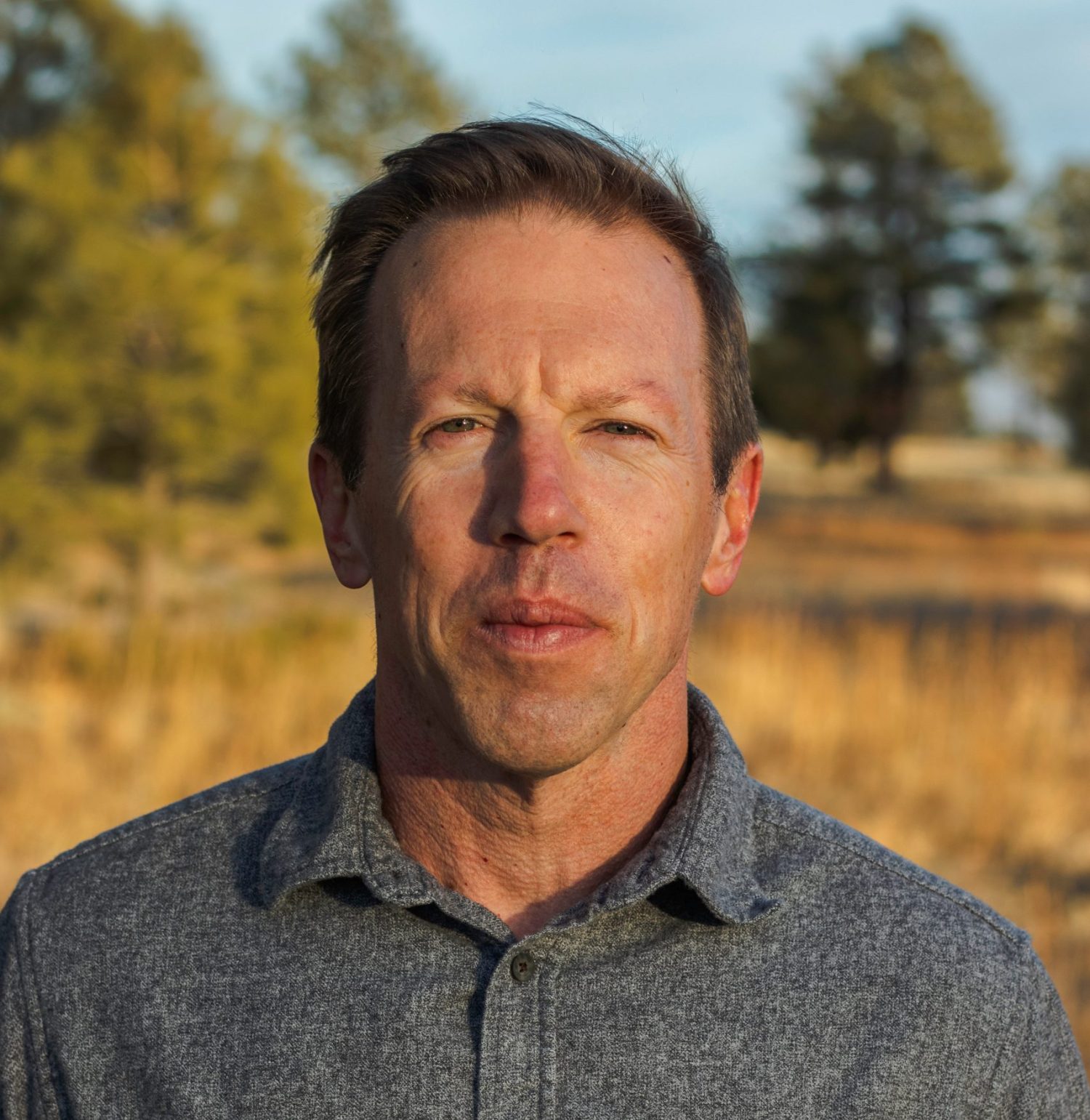
About seven years ago, I stood on a sidewalk in Iowa City staring at the front door of the Dey House—the home of the Iowa Writers’ Workshop. Not walking in, just staring.
I had moved from Arizona after watching a video about the Workshop and reading an article about one of my writing heroes, Kent Haruf. To me, Iowa City felt like a literary mecca, not least because it’s the birthplace of the first creative writing MFA program in the country. I remember reading how Haruf had driven there from across the country with his wife, their baby daughter, and no job. After being rejected the first time—before he’d even been accepted—he showed up and told them he was going to reapply. That kind of boldness stuck with me.
I spent my first year in Iowa City soaking it all in: going to free generative workshops, visiting the iconic Prairie Lights Books, and listening to writers who traveled from all over the world to read in this famous city and beloved bookstore. I was hungry for it, taking in as much as I could.
The Writers’ Workshop had lived in my imagination as this sacred, almost mythical place where real writers went. People like Raymond Carver. Denis Johnson. And especially Thom Jones, whose The Pugilist at Rest became a touchstone for me early on. I first encountered the book through a writer I met at a boxing gym in Central Phoenix—someone who not only passed me the collection but also gave me my first real writing instruction. There’s a rawness in Thom Jones’s stories, one that’s hard to forget. Although he had published before, he didn’t truly break through or get widely discovered until his late 40s, when he was working as a janitor at a high school. That gave me hope. But still, I couldn’t shake the feeling: maybe it was too late for me.
That day on the sidewalk, I told myself I was just passing by, but really, I was hoping to find the nerve to knock—or open the door. I never made it. Just stood there long enough to feel ridiculous, then walked away.

A few weeks later, I came back. This time, I tried the door…and it was locked. I sort of laughed. Of course it was. It felt like confirmation of everything I’d feared—that whatever world existed inside, it wasn’t meant for someone like me.
A week or so later, I returned during office hours. This time, I went in. I met Deb West, the longtime administrator of the Workshop. I nervously asked if it was too late to apply. I didn’t even have an undergraduate degree at the time. I told her how much the place meant to me, how many of my heroes had been part of its long history. When I mentioned Thom Jones, her eyes lit up.
She told me she’d known him. That they were friends when he was at the Workshop. She talked about his humor, some of his struggles, his heart. She even told me he loved boxers (the dogs), which nearly stopped me in my tracks. I had first fallen in love with his stories because of how powerfully he wrote about boxers in the ring. These weren’t just anecdotes. She shared human details about someone who had once seemed larger than life to me. Suddenly, this institution didn’t feel so distant. For the first time, it felt possible, not guaranteed, not easy, but possible—that maybe I belonged in a room like that.
I didn’t apply right away. Life had its own timeline. But that short conversation with Deb cracked something open in me. It made the idea real.
Years passed. I wrote. I read. I eventually earned my undergraduate degree. And I applied to MFA programs, including Iowa. I was accepted into two. Iowa wasn’t one of them.
But by then, I’d had my Iowa experience.
One of the programs that accepted me had been my second choice on paper, but in my heart, it had quietly become my first. And the one I ultimately chose wasn’t even on my radar at the start. But then I spoke with faculty, visited the campus, and spent time in the city. That visit changed something. I stopped thinking in terms of what can this program give me? and started thinking, what can I give to this place? It was a total mindset shift. I wasn’t just looking for prestige anymore. I was looking for purpose, for people I could grow with, and a city I could write my heart out in.
So that’s what I did. I enrolled. I wrote. I taught. I earned my MFA.
And I gave it everything I had.
I still think about that locked door. How easy it would’ve been to turn around and let that be the end of it.
If you’re standing in front of your own locked door, literal or otherwise, I hope you’ll try again. Knock. Come back. Ask the questions. The door might still be locked the first time. But eventually, someone like Deb West might be there to open it and tell you a story you needed to hear.
And maybe, like me, you’ll find that what you’re chasing isn’t just behind that one door. It might be somewhere you didn’t expect—a place where you no longer ask what a program can give you, but what you’re ready to give the life you’ve finally stepped into.

